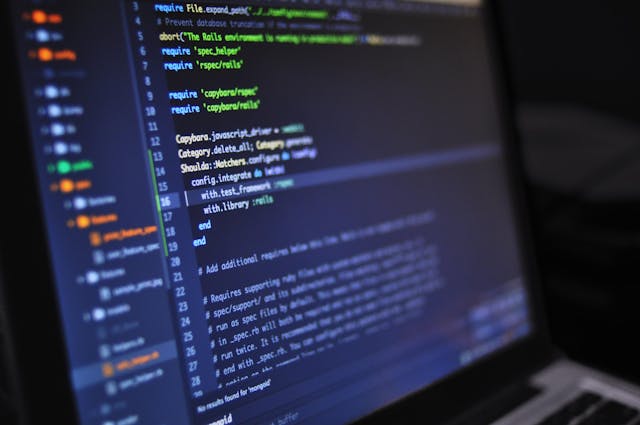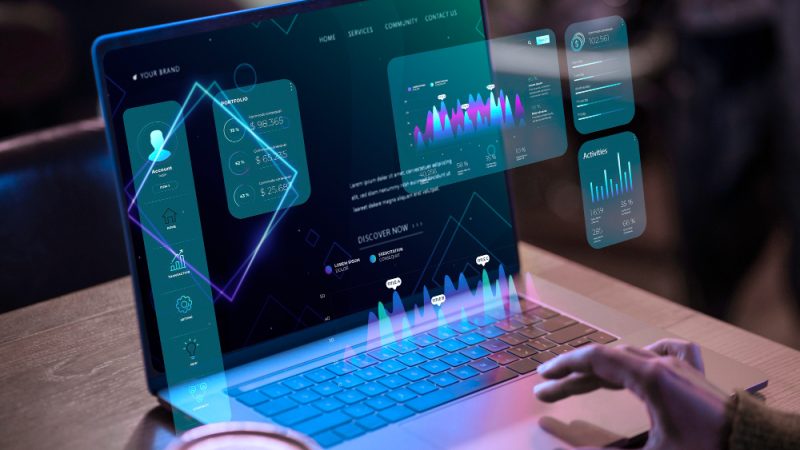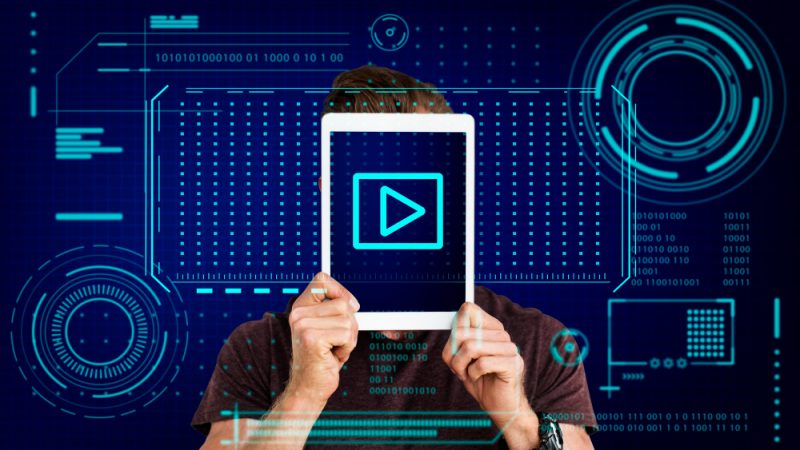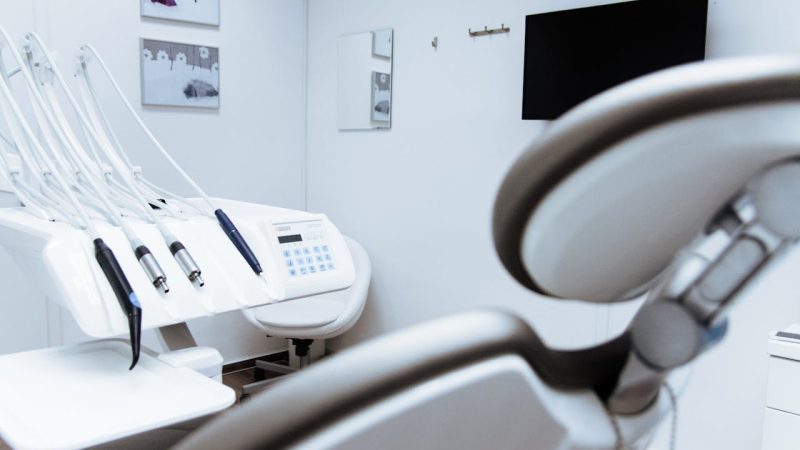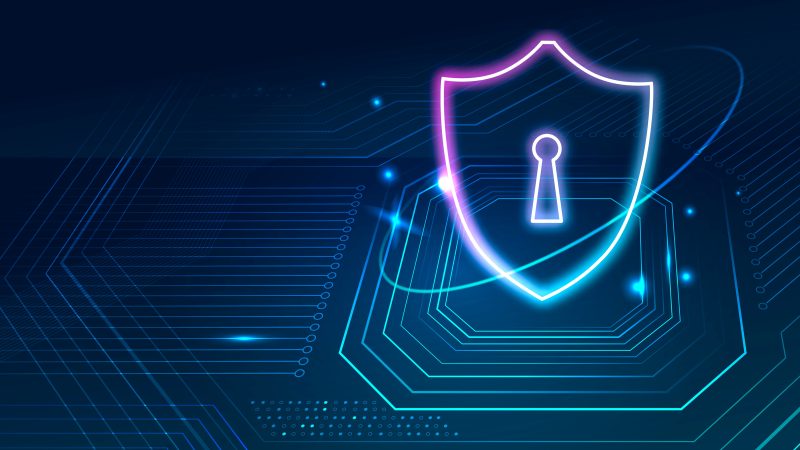Expected 2022 Advancements in IoT Technology in Home Automation
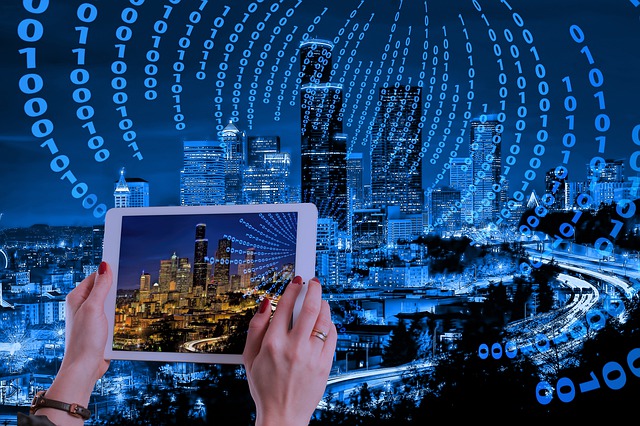
In the near future, it will become impossible for mankind to live without the support of smart home devices, which know your daily routines and schedules and facilitate your surroundings according to it and improve the overall quality of life. The Internet of Things or IoT is now combining with the power of AI (Artificial Intelligence) to change the way as to how various devices interact with one another and work smartly to make human lives easier. Smart home applications can now do various basic things for men as:
- Turning on and off lights automatically.
- Adjusting the room temperature as per the climatic conditions and individual preferences.
- Playing your favorite tracks or lifting your spirits with the scent of freshly brewed coffee.
All these are enabled by IoT-based home automation, and every such thing that was a dream of the past now turns into reality. However, this is just the tip of an ice burg, and IoT-based home automation has a lot of hidden powers that are yet to get unveiled.
Smart home technology
Smart home technology is now transforming the entire home automation sector to new heights. The days are far gone where we had to control the home devices manually or over the internet. IoT is now joining hands with artificial intelligence, which is proving to be a deadly combination in changing how home appliances work autonomously. Various aspects of home automation, including utility, security, entertainment, and control systems, are undergoing constant revisions to become smarter and faster, and much greener by keeping the commitment to be carbon neutral. We will look at some unique ways how IoT is shaping home automation’s future in 2022 and beyond.
Smart homes are becoming smarter
Home appliances are not becoming smarter as of now as they are clung onto the internet. The better term for this technology we use now is connected devices. This is going to change over the next few years, where more devices will start to function autonomously with machine learning and computer vision to become capable of making decisions through deep learning.
As of now, many home appliances like air conditioners, smart lights, thermostats, washing machines, refrigerators, water pumps, and coffee makers, etc., can be operated with smart switches. They can be controlled over mobile apps, smart wearables, voice commands, etc. This also is going to change soon as these can predict the user preferences with the help of data analysis, deep learning algorithms, and artificial intelligence and adapt to the user behavior for smarter operations.
Devised with self-diagnosing capabilities
As we have seen above, with artificial intelligence and machine learning being implemented in IoT-based smart home management, the appliances are becoming more and more self-aware in terms of autonomous function. With this, these can also tell you when they need maintenance and repairs. You can see how this function exists in many new-age cars, industrial machinery, etc. The future equipment will automatically notify the manufacturers and service team about the possible failures and errors for quick attention.
By doing a step ahead, smart devices can also use computer vision. For example, a home refrigerator can monitor what is inside, and based on machine learning techniques; it will predict what needs to be ordered to meet the user demands in the coming days. These can alert the homeowners to purchase the grocery or place the orders by themselves. Imagine you get a notification from your fridge about purchasing the needed groceries for the coming week based on your priorities. Your vehicle GPS can also suggest an appropriate route selection based on the availability of a store to pick up the needed groceries. This is one of the simplest use cases you can expect with the future of AI in IoT. To enable all these autonomous applications, providers need to focus on perfect database administration, for which RemoteDBA.com can offer dedicated DBMS services.
Improved security
As of now, security is one of the major use cases of IoT, which also is at the primitive phase. IoT-enabled homes can recognize the homeowners, frequent visitors, and friends, etc. It can also give alerts on strangers at the doorstep and also notify deliveries and other services. With the help of connected devices, you can also set the video doorbells, which can collect information about the visitor over the internet and tell the homeowners who is at the door. Homeowners can also access the main door locks remotely, and if any break-in attempt happens, information can be shared instantly with the police department.
The future of IoT-based security seems to be much brighter. As we have seen above, analytics, machine learning, and artificial intelligence is going to come along with IoT to make home security much intelligent and foolproof. The biggest players in home automation, like Google, Amazon, etc., are now spending billions of dollars on IoT-based home automation, and there are many things being prepared in the arsenal to come in the near future. All these will enable IoT homeowners to enjoy better security and comfort.
Entertainment Systems
Home entertainment is one of the primary considerations of modern-day homeowners, which is considered to be one of the primary and integral applications of IoT home automation. With the modern home entertainment IoT applications, the users can stream music of their choice at any part of their home using the smart speaker and choose different tracks for different rooms. It is also possible to connect the music output to a smart LED, which can light up the room or dance based on the beat and mood of the song, which can create an aesthetic impact.
Machine learning and deep learning can also bring in a revolution in this area, where home entertainment can work autonomously based on the user’s moods. A lot of research is happening in this regard, and services like Amazon Alexa and Amazon Prime, etc., are bringing in many advancements in their home entertainment automation applications.
Smart healthcare is another major application of IoT home automation. There will be autonomous systems at home to monitor the health of the inhabitants and provide alerts and inputs as and when needed. There will also be increased dependency on home automation robots which may take up the role of lawn movers and vacuum cleaners etc. These robots will also be able to take up any other possible tasks, including cooking for their owners.

